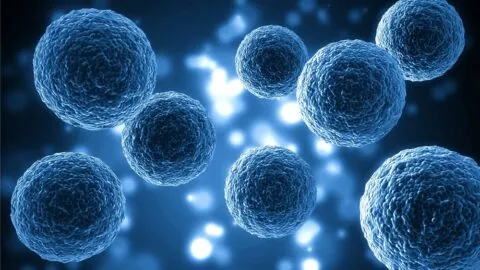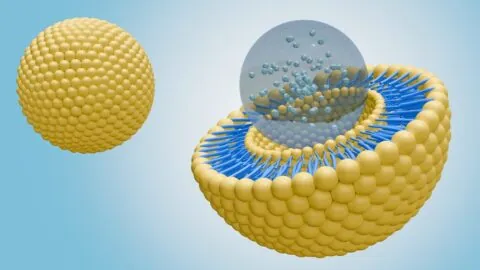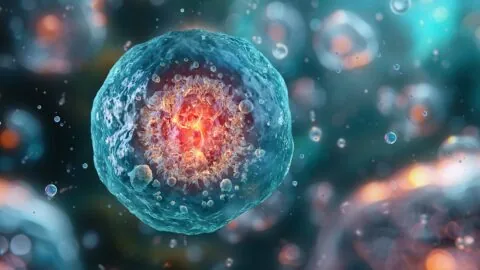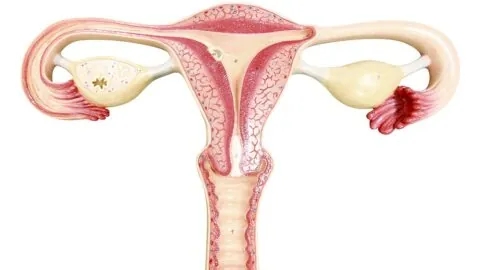December 09, 2025
In a new study, extracellular vesicles (EVs) derived from mesenchymal stem cells (MSCs) improved spatial working memory in rhesus macaques, suggesting a possible reversal of age-related cognitive decline [1]. The “normal” decline Even “healthy” aging (not accompanied by obvious age-related diseases such as dementia) leads to cognitive impairments, particularly in working memory, executive function, and...
August 07, 2025
Researchers have found that growing older cells in a youthful medium causes them to behave and function more like younger cells, suggesting a new method of creating stem cell-based therapies. Cultivating patient-derived cells For some time, mesenchymal stem cells (MSCs), which can be used to differentiate into multiple functional cell types, were thought to be...
June 16, 2025
Researchers have investigated a never-before-used method of transfecting senescent mesenchymal stem cells (MSCs) and published their results In the Cell journal Molecular Therapy Nucleic Acids. Detergents for gene therapy Altering the genetics of a living person is much trickier than altering them in cells in a dish, and it requires entirely different approaches. One of...
November 06, 2024
In a new study, the researchers administered human umbilical cord-derived mesenchymal stem cells (HUCMSCs) to aged mice and observed reduced degeneration in multiple organs, changes to microbial composition, metabolic alterations, improvements in behavior and ability, and reduced fearfulness [1]. Therapeutic potential Earlier this year, we reported on a clinical trial in which administering HUCMSCs reduced...
September 25, 2024
In a recent study, researchers injected rats with mesenchymal stromal cells. They observed improvements in aging-related biomarkers and phenotypes in many organs [1]. The rejuvenating role of MSCs Mesenchymal stromal cells (MSCs) can be obtained from diverse sources, including bone marrow, adipose tissue, perinatal tissue, and dental tissues [2]. MSCs have been shown to have...
May 15, 2024
Experiments in mouse models show the efficacy and safety of mesenchymal stem cell transplantation in treating ovarian aging [1]. Mesenchymal stem cells as a therapy Mesenchymal stem cells (MSCs) are stem cells derived from mesodermal tissue, such as the umbilical cord, umbilical cord blood, the placenta, fat tissue, and bone marrow [2]. MSCs are a...






